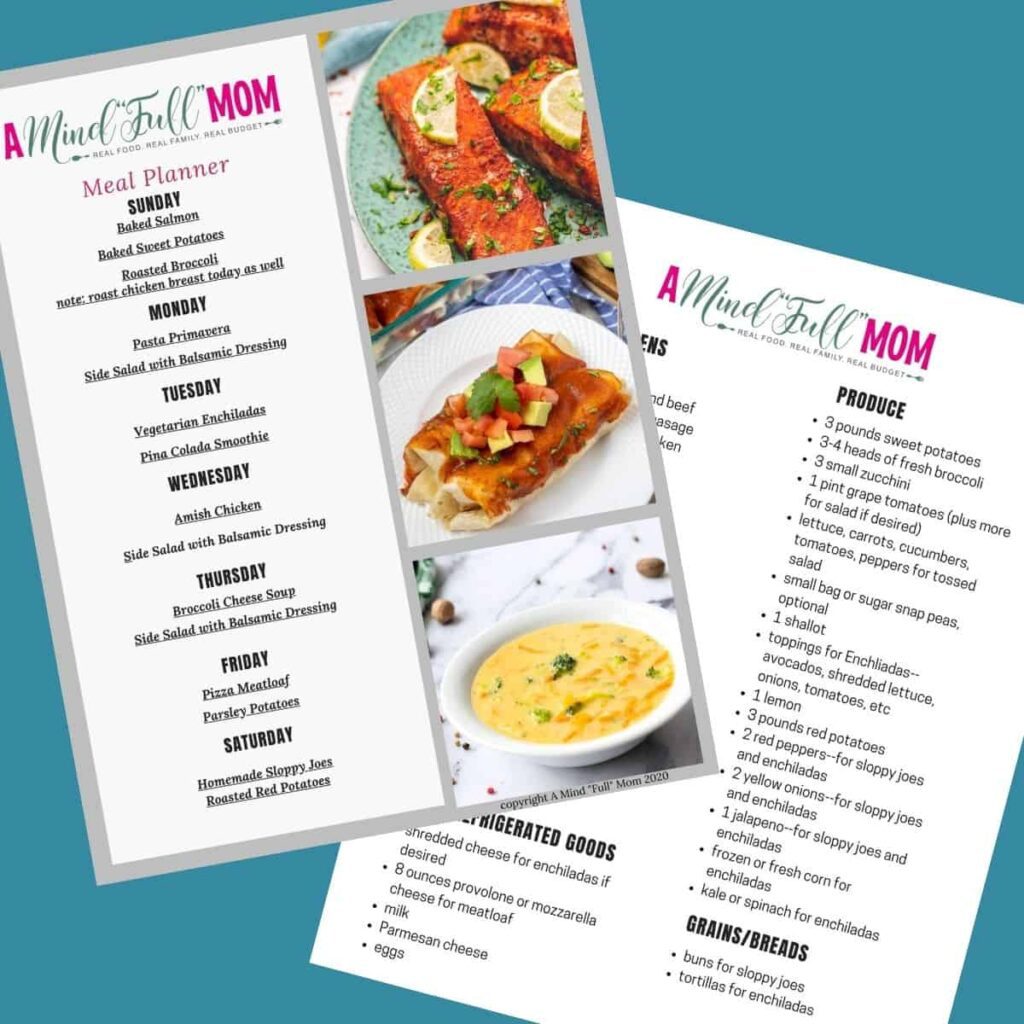Planning meals on a budget can be intimidating, but there are ways to make it work. Plan your meals in advance and take stock of what ingredients you already have to avoid impulse buys and waste. Cooking in large batches and freezing leftovers can save time and money. Choose seasonal produce and buy non-perishable items in bulk. Experiment with plant-based alternatives to meat and stick to simple recipes using everyday ingredients. Use leftovers creatively and shop smart with coupons and discounts. With these strategies, it’s possible to prepare nutritious and delicious meals for your family without overspending.
Budget-Friendly Meal Planning for the Whole Family
Planning meals on a budget can seem daunting, but with the right strategies, it’s possible to prepare nutritious and delicious meals for your family without breaking the bank. Here are some tips to help you get started.
Plan your meals in advance
Before heading out to the grocery store, sit down and plan out what meals you’ll be cooking for the week. Take stock of what ingredients you already have in your pantry and fridge, and make a list of what you need to buy. By doing this, you can avoid impulse buys, and you’ll be less likely to waste food.
Batch cook and freeze
Cooking in large batches can save you a lot of time and money in the long run. Make a double or triple batch of your favorite meals and freeze the leftovers for later. This will also come in handy on busy weeknights when you don’t have time to cook from scratch.
Shop seasonally
When planning your meals, choose ingredients that are in season. Not only are they usually cheaper, but they’ll also be fresher and more nutritious. Look for seasonal produce at farmers’ markets or check the circulars from your grocery store for deals on fruits and vegetables.
Buy in bulk
Buying non-perishable items in bulk can be an excellent way to save money in the long run. Look for bulk items like rice, pasta, and beans, which are staples in many households. Consider buying meat in bulk, as well. You can often find good deals on large cuts of meat, which you can then portion out and freeze.
Experiment with meat alternatives
Meat is often one of the most expensive items on grocery lists. Consider experimenting with plant-based alternatives like tofu, lentils, or beans in your meals. Not only are these options often cheaper, but they’re also packed with protein and other nutrients.
Stick to simple recipes
Complicated recipes often require expensive, hard-to-find ingredients. Stick to simple, easy-to-prepare meals that use everyday ingredients you already have in your kitchen. You don’t need to be a gourmet chef to prepare delicious meals for your family.
Use leftovers creatively
Don’t throw away leftovers from previous meals. Instead, use them as ingredients in new dishes. Leftover roasted chicken, for example, can be used to make chicken salad or added to pasta dishes. Be creative and think outside the box.
Shop smart
When you do need to buy groceries, use coupons, discounts, and loyalty programs to help you save money. Consider shopping at discount stores or purchasing generic brands, which are often just as good as name brands.
In conclusion, meal planning on a budget can be a challenge, but with the right strategies, it’s possible to prepare nutritious and delicious meals for your family without breaking the bank. By planning your meals in advance, batch cooking and freezing, shopping seasonally, buying in bulk, experimenting with meat alternatives, sticking to simple recipes, using leftovers creatively, and shopping smart, you can take control of your grocery budget and feed your family well.
